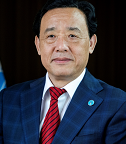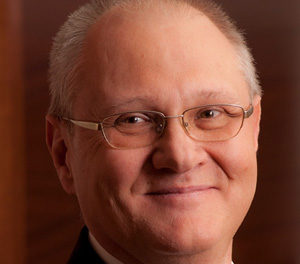
Why vote if you don’t believe in a credible result
I watched a documentary on Youtube, over the festive season, called ‘Hypernormalisation’. It’s a BBC tiem put together by a guy called Adam Curtis. The gist of the thing is that in the face of overwhelming social complexity, governments construct and or foster alternate takes on reality that are less complex, and far easier for the herd to digest and believe.
To illustrate this, in one short segment, a US black operative explains how the UFO / Majestic thing was constructed and fed to slack-jawed conspiracy theorists to draw attention away from actual tests of experimental aircraft at Area 51.
The major focus of the rest of the documentary was suicide bombing and terrorism in the Middle East. According to the documentary, Middle Eastern terrorism was instigated by Hafez al-Assad, late father of the current ruler of Syria, Bashar al-Assad. His aim was to use suicide bombers to force the US out of the Middle East. It succeeded at least for a while.
The rub is that, according to the documentary, the US used the situation in the sphere of Middle Eastern policy to justify low level conflict with Muamar Gadhafi, not with Syria. Gadhafi jumped on the bandwagon to consolidate his position and influence as an underdog. Notably, but not noted in the documentary, a large part of Africa perceived Gadhafi as a hero.
Gadhafi was subsequently rehabilitated by Western superpowers, then did another about face. After that he was assassinated. And as you read this, suicide bombings continue unabated, across the Middle East, spreading into Europe and Africa, alongside other mass killings involving automatic weapons and trucks.
The interesting thing about the whole thing is that mass murderers no longer have to fall under the ambit of whatever group is behind it. All they have to do is put out a statement or video associating with the villains, and go and do the despicable deed. In essence the sources of power of the group are no longer required, only association with the ideology and aims.
Returning to the idea of the credibility of power and its concentration, something interesting is happening surrounding the US Democrats e-mail hack. The US associated the hack with Russia. Reference to Wikileaks was notably absent, in spite of the fact that the organisation released the mails. In the meantime though, Julian Assange has stated categorically that Russia was not involved in the hack, and this is gaining traction in media.
Now, adding Wikileaks as one of the powers in this noxious pot, we have to conclude that nothing is really worth believing. There is no clear agenda or motive at this point. The exercise of power is inevitably driven by a goal or set of goals, and I just can’t spot it. Everybody in the mix is weakened by lack of credibility. And any conspiracy theory can be discredited.
My question is who can fill a power vacuum, if every single contender is characterized by vacuity? And here’s a second question. If no credible power exists, and even conspiracy theories are symptomatic of gullibility, with who should you associate or what agenda or motive should you try to foster?
Yet can we accept that a vacuum exists/ In the Hitchhikers Guide to the Galaxy, Galactic President Zaphod Beeblebrox is presented as a distraction from the true wielders of power.
My best guess is that 2017 will be characterized by growing cynicism in the realm of politics, for want of credible politics and results. The world, being full of gullible folks who need something to hang on to, and all of social media to express themselves, will see an upsurge in conspiracy theories, ranging from David Icke’s lizard men to stuff that is made up and disseminated as part of a diversionary agenda.
My estimation is that formal democracy will also take a hit. Why vote if you don’t believe in a credible result. It’s a tendency that I have seen locally among people I actually believed would vote.
2017 holds a lot of interesting times. Let’s see how it plays out. Happy New Year.












































